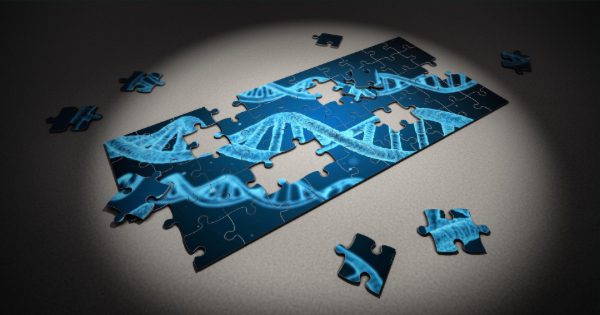DNA profiling, formerly known as DNA fingerprinting, is a chemical test that aims at showing the genetic makeup of a person. The tests help in identifying a person and his or her kin.
Nowadays, criminal agencies are using technology to identify criminals and solve crimes. The technology is also used for proving or disapproving specific consanguinity claims.
Basic Information about DNA Profiling
The process uses specific tools like a buccal DNA collection kit to gather samples from a person. It is worth noting that in this case, only a small amount of buccal DNA is needed for analysis. For example, 100 mcg of sample DNA is enough to map the subject’s biological information. That means a splotch of saliva on a drinking straw is more than enough for DNA sequence analysis.
After taking the correct sample size, the DNA testing services amplify significant regions. Experts use the polymerase chain reaction (PCR) to create copies of these regions with Short Tandem Repeats (SRTs). The SRTs vary from one person to the other.
After amplifying the STRs, the repeats are then counted. Here, the experts attach fluorescent dyes onto the STR copies. The mixture is then run through lab equipment known as capillary electrophoresis machine to size different DNA fragments. After identifying the size of each repeat, it becomes easier to identify the repetitive unit count and length of each STR.
After doing all this, the next thing is looking for matches. If any person’s STR matches that of the sample in 13 STR regions, there is a match. So, if this was an accused person, the courts may rely on this evidence and convict the person. The margin of error in these tests is one in a billion samples. Due to its accuracy, criminal cases have been relying on DNA profiling for more than 30 years now.
Here are the primary benefits of this technology.
1. DNA Profiling Is Less Intrusive
Sampling someone’s DNA doesn’t require big samples. Although a buccal DNA collection kit is needed, only a small amount of biological footprint is necessary to map and match the DNA.
Likewise, in crime scenes, the biological footprints may be invisible to the naked eye, making it impossible to identify the person. But not anymore. The hair strands, smudges, blood, and saliva are enough for DNA seq analysis.
2. Helps Reduce the Conviction of the Innocent
Using DNA profiling helps reduces cases where innocent people are convicted. It is even more reliable when other forensic evidence and tools are in use. The forensic team will collect samples using a buccal DNA collection kit and reference it against the current data. Such a simple process can mean the difference between freedom and jail.
3. Assists in Solving Crimes
Samples of DNA obtained through buccal DNA collection kit or any other collection tool remains valuable evidence for a long time because the DNA is a tough and flexible molecule which does not denature with ease.
With this, the authorities can use DNA evidence collected from old crime scenes.
4. Identifying Victims of Catastrophic Events
At times, some accidents like fire breakout and airplane crashes can destroy a body beyond recognition. In such cases, the DNA testing service will use buccal DNA collection kit on a surviving family member to map it against that of the deceased. Such an exercise is important in providing closure for the family.
5. DNA Emphasis Has More Than Criminal Emphasis
People can use DNA sampling and profiling in different ways to better their lives. For instance, DNA profiling can help people determine their ancestry, lineage, and heritage. The information is also useful in determining biological parentage.
An analysis will also identify people who are at risk of developing genetic diseases and cancers. All this helps one to start treatments on time effectively reducing the chances of death.
Except for identical twins, two people cannot share the same DNA pattern. Therefore, people and investigating authorities can rely on DNA evidence to direct or conclude criminal cases. Taking DNA samples from a crime scene allows investigators to focus their time and energy in the right direction.

